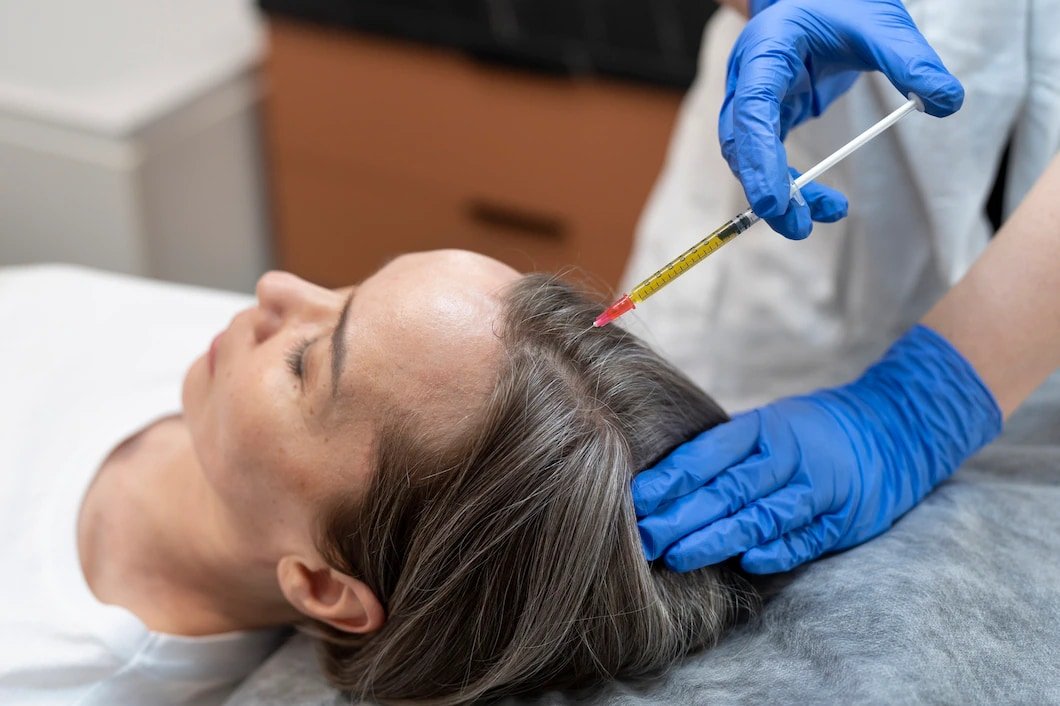Women’s health is a vital aspect of overall well-being that often requires specialized attention and care. Regular visits to a Gynecologist Abu Dhabi serve as a cornerstone for maintaining reproductive health, preventing potential issues, and promoting long-term wellness. These visits are more than routine check-ups; they are an essential component of proactive healthcare tailored specifically to women’s needs. Understanding how these consultations contribute to women’s health can empower women to prioritize their well-being and seek the appropriate care when needed.
The Role of a Gynecologist in Women’s Health
Gynecologists are medical professionals trained specifically in the health concerns of women, focusing on the reproductive system, hormonal health, and overall wellness. They play a crucial role in early detection, diagnosis, and treatment of various health issues, ensuring women remain healthy at every stage of life. Regular visits enable gynecologists to monitor changes, provide personalized health advice, and address concerns before they escalate into more significant problems.
Preventive Care and Early Detection
One of the primary benefits of regular gynecologist visits is the opportunity for preventive care. Routine examinations, screenings, and tests help identify health issues at an early stage, often before symptoms become apparent. Early detection of conditions such as infections, hormonal imbalances, or abnormal cell growth can significantly improve treatment outcomes and reduce complications. Preventive care also includes vaccinations and lifestyle recommendations tailored to women’s unique health needs.
Comprehensive Reproductive Health Management
Reproductive health is a core focus of gynecological care. Regular visits help manage menstrual irregularities, fertility concerns, contraception, and pregnancy planning. Gynecologists provide guidance on family planning options, prenatal care, and postpartum health, ensuring women are supported throughout their reproductive journey. Addressing these aspects proactively contributes to healthier pregnancies and better overall reproductive health.
Addressing Hormonal and Menopausal Changes
Women experience significant hormonal shifts throughout their lives, including puberty, pregnancy, menopause, and post-menopause. Gynecologists offer specialized care to manage symptoms associated with these changes, such as hot flashes, mood swings, and bone health concerns. Proper management of hormonal health enhances quality of life and minimizes the risk of related health issues like osteoporosis or cardiovascular disease.
Promoting Sexual Health and Well-being
Sexual health is an integral part of overall wellness. Regular gynecologist visits help address concerns related to sexual function, libido, and intimacy. Gynecologists can diagnose and treat sexually transmitted infections, offer advice on safe sexual practices, and provide support for sexual health issues. Open communication with a healthcare professional fosters a healthy attitude towards sexuality and enhances overall life satisfaction.
Cancer Screening and Prevention
Cervical, ovarian, and uterine cancers are critical concerns for women’s health. Routine screenings, such as Pap smears and pelvic examinations, are vital for early detection. Gynecologists guide women through appropriate screening schedules based on age and risk factors, and they provide preventive strategies to reduce the likelihood of developing these cancers. Staying vigilant through regular visits significantly contributes to early diagnosis and successful management.
Managing Chronic Conditions
Many women live with chronic health conditions such as diabetes, hypertension, or thyroid disorders. Gynecologists coordinate care to ensure these conditions are managed effectively without compromising reproductive or overall health. They can adjust treatment plans, monitor potential impacts on reproductive health, and advise on lifestyle modifications to improve health outcomes.
Enhancing Mental and Emotional Well-being
Women’s health encompasses mental and emotional health as well. Gynecologist visits provide a safe space to discuss concerns related to body image, mental health, and emotional well-being. Addressing issues like postpartum depression, anxiety, or stress related to hormonal changes can significantly improve a woman’s quality of life. Holistic care approaches often include referrals to mental health professionals when necessary.
Building a Trusting Patient-Doctor Relationship
A key component of effective gynecological care is establishing a trusting relationship between the patient and the healthcare provider. Regular visits foster open communication, enabling women to feel comfortable discussing sensitive topics. This trust encourages proactive health management and ensures women seek help promptly when issues arise.
Education and Health Awareness
Gynecologists serve as educators, providing women with vital information about their bodies, health screenings, lifestyle choices, and preventive measures. Knowledge empowers women to make informed decisions about their health, adopt healthier habits, and recognize early warning signs of potential problems. Education during these visits enhances overall health literacy and promotes long-term wellness.
The Impact of Regular Gynecologist Visits on Long-Term Women’s Health
Consistent gynecological care has a profound impact on women’s long-term health outcomes. It facilitates early diagnosis of potential issues, promotes healthy lifestyle habits, and ensures appropriate management of ongoing health concerns. By integrating routine visits into their healthcare routine, women can enjoy improved quality of life, increased longevity, and a greater sense of control over their health journey.
FAQs About Gynecologist Visits and Women’s Health
1. How often should women visit a gynecologist?
Most women are advised to have a routine gynecological examination annually or as recommended based on their individual health needs and risk factors. Regular visits help maintain reproductive health and address concerns promptly.
2. What are the common reasons for visiting a gynecologist?
Women typically visit a gynecologist for routine screenings, contraception advice, menstrual irregularities, pregnancy planning, menopause management, or concerns related to sexual health and infections.
3. Can gynecological visits help in preventing serious health conditions?
Yes, routine gynecological exams include screenings and preventive measures that can detect health issues early, reducing the risk of serious conditions such as cancers or infections.
4. Is it necessary to discuss personal and sensitive issues during a gynecological visit?
Absolutely. Gynecologists are trained professionals who maintain confidentiality and create a safe environment for women to discuss any concerns related to their reproductive or overall health openly.
















Leave a Reply